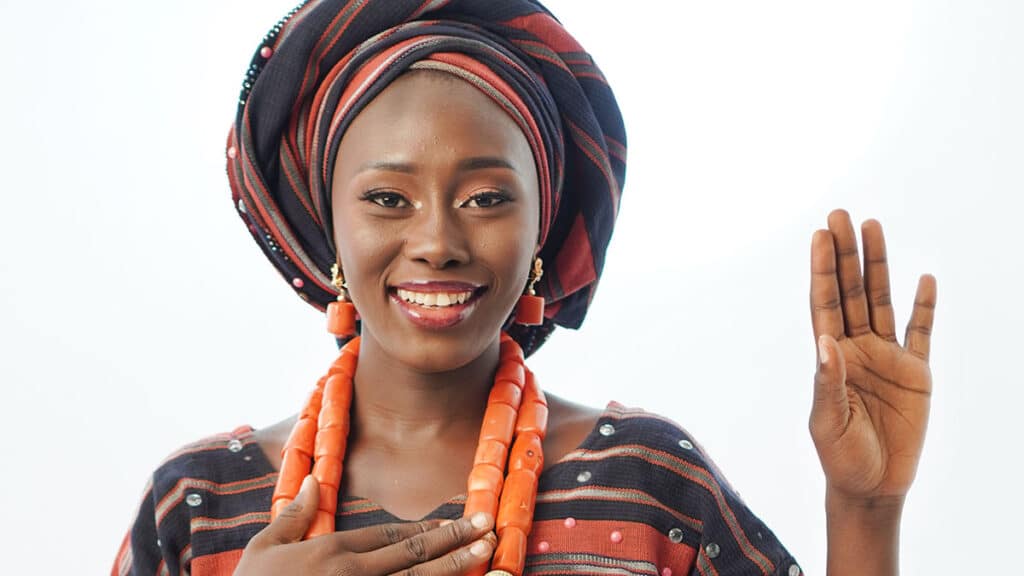Yoruba New Year is June 3 in Yorubaland in parts of Nigeria, Benin and Togo. Yoruba traditions in the Americas are different.
Yoruba New Year is one of the proof points of how blended we are in the Americas. You might not think this affects New York City, but it does. The big celebrations in Puerto Rico match the European American holidays from November to January. But in New York City, the big Puerto Rican celebrations are in May and June.
We suspect this is because of African Yoruba New Year on June 3, the Ifá Festival (sacred city) and the corresponding celebration of Eleguá, who opens the road, which follows on June 13. It’s incredible that the traditions survived 500 years in secret, at home, but they did. That’s probably why the second week of June is New York Puerto Rican Week!
Yoruba New Year

June 3, 2024 is year 10,066 on the Yoruba calendar.
The world Ifa festival is in Ile-Ife, the sacred city where the Yoruba world was made.
In the same way that the last two weeks of the year are holiday season in the United States, the last two weeks of the Yoruba year are holiday season in Yorubaland.
The celebration’s climax is an evening of prayer in the world Ifa temple at Oke Itase, in Ile-Ife, Osun state. The new year Ifa forecast is made in the early hours of New Year’s Day.
In Yoruba Cuba, Letter of the Year is foretold on European New Year’s Day, January 1.
E ku odun, eku iyedun
Happy New Year (in Yoruba).
Yoruba
Yoruba are a renowned West African people mostly in Nigeria. Modern Yorubaland covers parts of Nigeria, Benin and Togo.
The Yoruba culture is one of the great African civilizations. The majestic beauty of Benin Bronzes (head sculptures) precedes the famed art of the Renaissance by several hundred years. The Metropolitan Museum of Art has a great collection of metmuseum.org.
Yoruba people are known for their diplomatic skills. The Yoruba faith is a rich cosmology based on the forces of nature that is the equal of any human faith in beauty and mystery. Yorubaland is at the junction of West Africa and Central Africa. While each country and region are unique, cultures along the western coast of Africa share many related traditions.
Yoruba traditions survived the terrible journey across the Atlantic and family separation in the Americas. From touchstones in Cuba and Brazil, these traditions have become the dominant African American cultures across Latin America. In the Americas, the traditions are syncretized (blended). So for example, Yoruba New Year in Cuba is January 1st. It’s blended with the Gregorian calendar.
Some of these traditions remain with us in popular culture, especially in music and dancing. That salsa rhythm or dance move you love may have originated in Yoruba rituals of antiquity. Most people have no idea what they are singing and dancing to, but the sacred rhythms and movements have been done the same way since the beginning of human time.
Anyway, E ku odun, eku iyedun!
